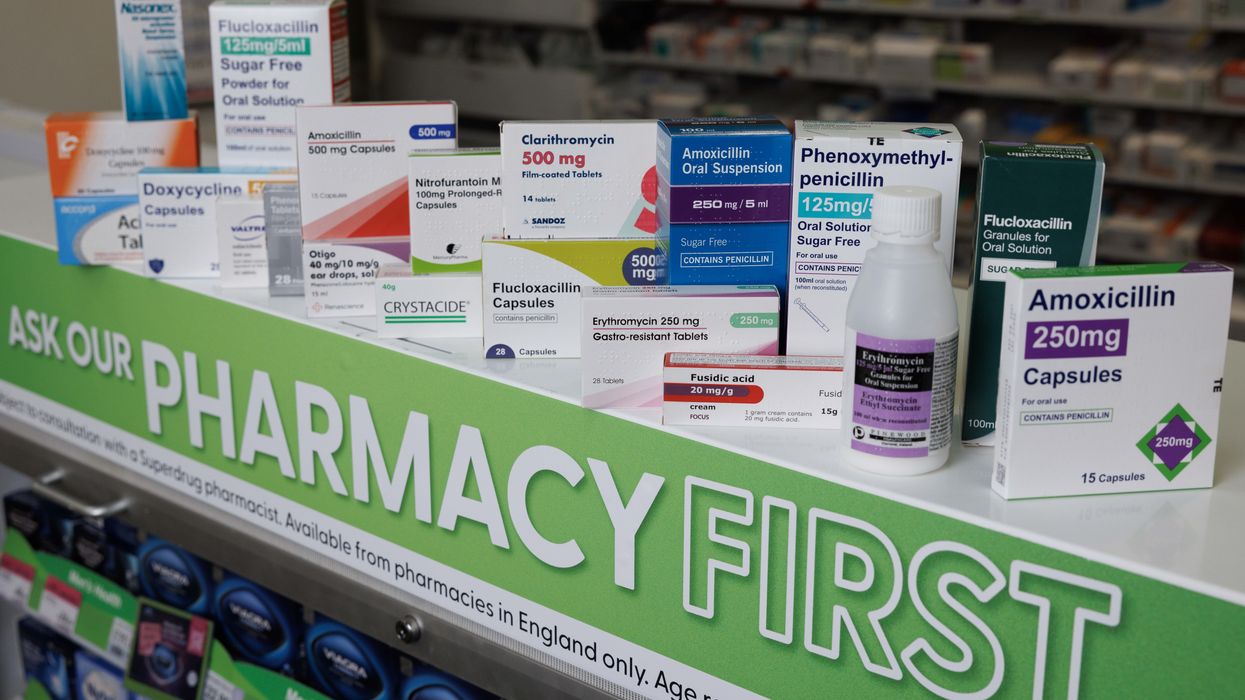Imagine visiting your local pharmacy and seeing a bright display of the newest health and fitness goods. Not only does it look good, but it also puts useful information right in your hands. This shows how powerful digital signage can be!
Digital signage might sound technical, but screens display text, pictures, and videos. When you walk into a shop, these dynamic displays can guide you, inform you, and entertain you. It’s clear why retailers are adopting this technology to improve customer experiences. So, what makes digital signage so beneficial? Let’s explore five key advantages
Grab Attention, Share Information
Gone are the days when signs just sat in shops gathering dust. Today, digital signage in pharmacies features engaging images and dynamic text that capture customers' attention as soon as they walk in. This is an excellent opportunity to showcase new products, promote special offers, and provide essential medical information in a clear and readable format.
Need to remind people to get a flu shot or wash their hands? Digital signage communicates these messages clearly and effectively. It's also an ideal platform for highlighting initiatives like the Pharmacy First scheme and Healthy Living Pharmacies, emphasising community health and well-being.
Boost Sales and Promote Services
Digital signage isn’t just for sharing information; it’s a powerful tool to boost sales. Highlight seasonal products like allergy relief during hay fever season or flu shots as winter approaches. Update promotions quickly to match specific times of the day or week with ease.
Additionally, you can advertise other pharmacy services, such as medication reviews and travel vaccinations, or even sell sponsorship space to pharmaceutical companies.
Reduce Waiting Time Woes
Waiting in line can be frustrating, but digital signage can help ease the wait by entertaining and informing customers. Displays showing news, health tips, or video clips can make the time pass faster. Additionally, providing estimated wait times on digital screens keeps customers informed and reduces anxiety.
Customer Experience
Digital signage goes beyond advertising and information dissemination; it significantly enhances the customer experience. Pharmacies can display health tips, short video guides on medication usage, or local health news, positioning themselves as a trusted source of information and fostering a sense of community care.
Streamline Staff Communication
Digital signage is also a valuable tool for internal communication. Use it to display important announcements, training updates, or staff schedules, ensuring everyone is informed from a single, centralised platform. This approach saves time and ensures consistency in communication
Conclusion
Digital signage solutions are a versatile and powerful asset for pharmacies. They can transform the customer experience, increase sales, reduce waiting times, and enhance staff communication.
Whether you are establishing a new facility or renovating an existing one, digital signage is one approach to improve the patient experience and give a more effective option for reaching consumers.
As you explore ways to serve your community better, remember that innovative solutions could be just a screen away. Take advantage of every opportunity to engage with your audience.











